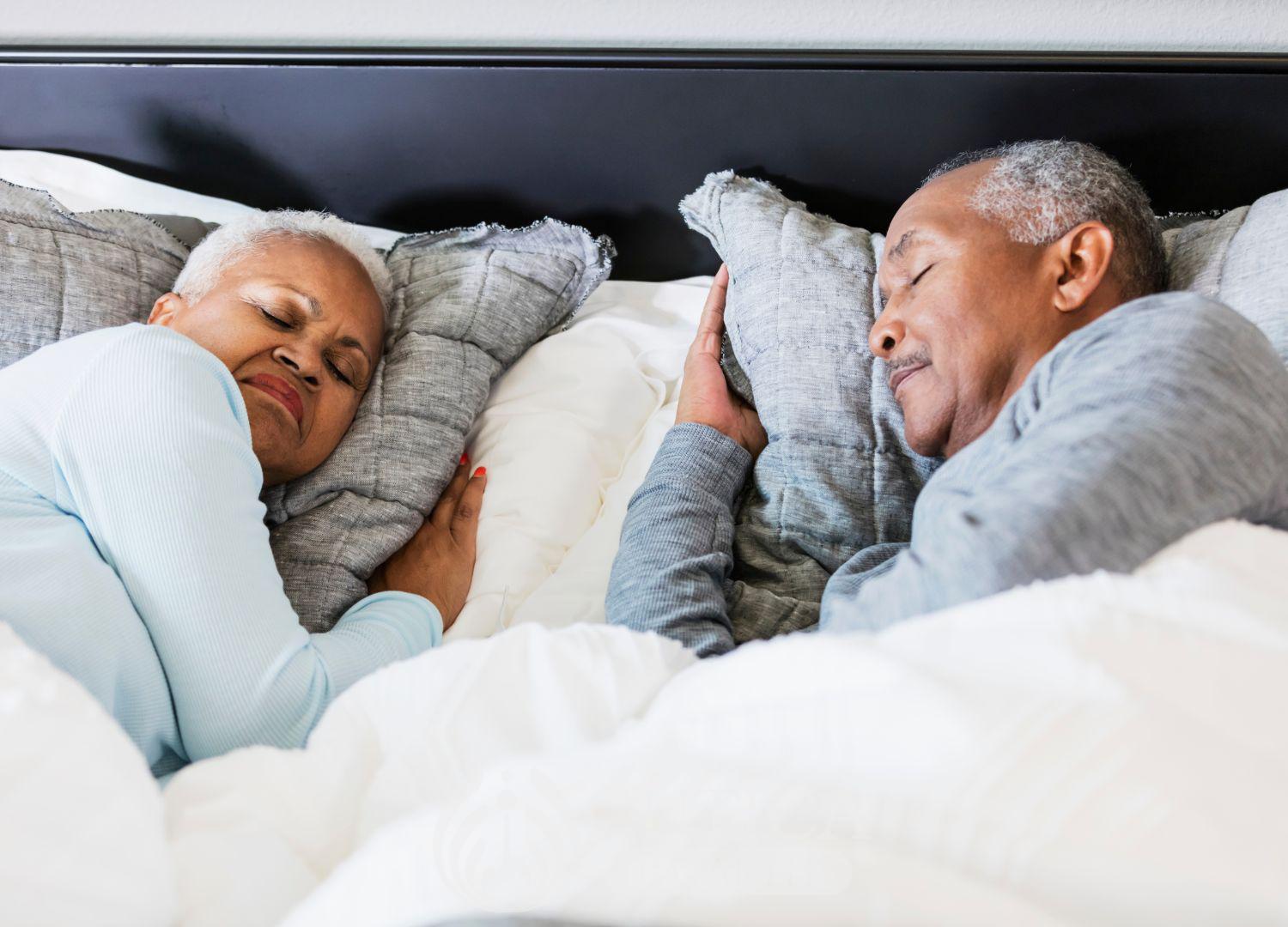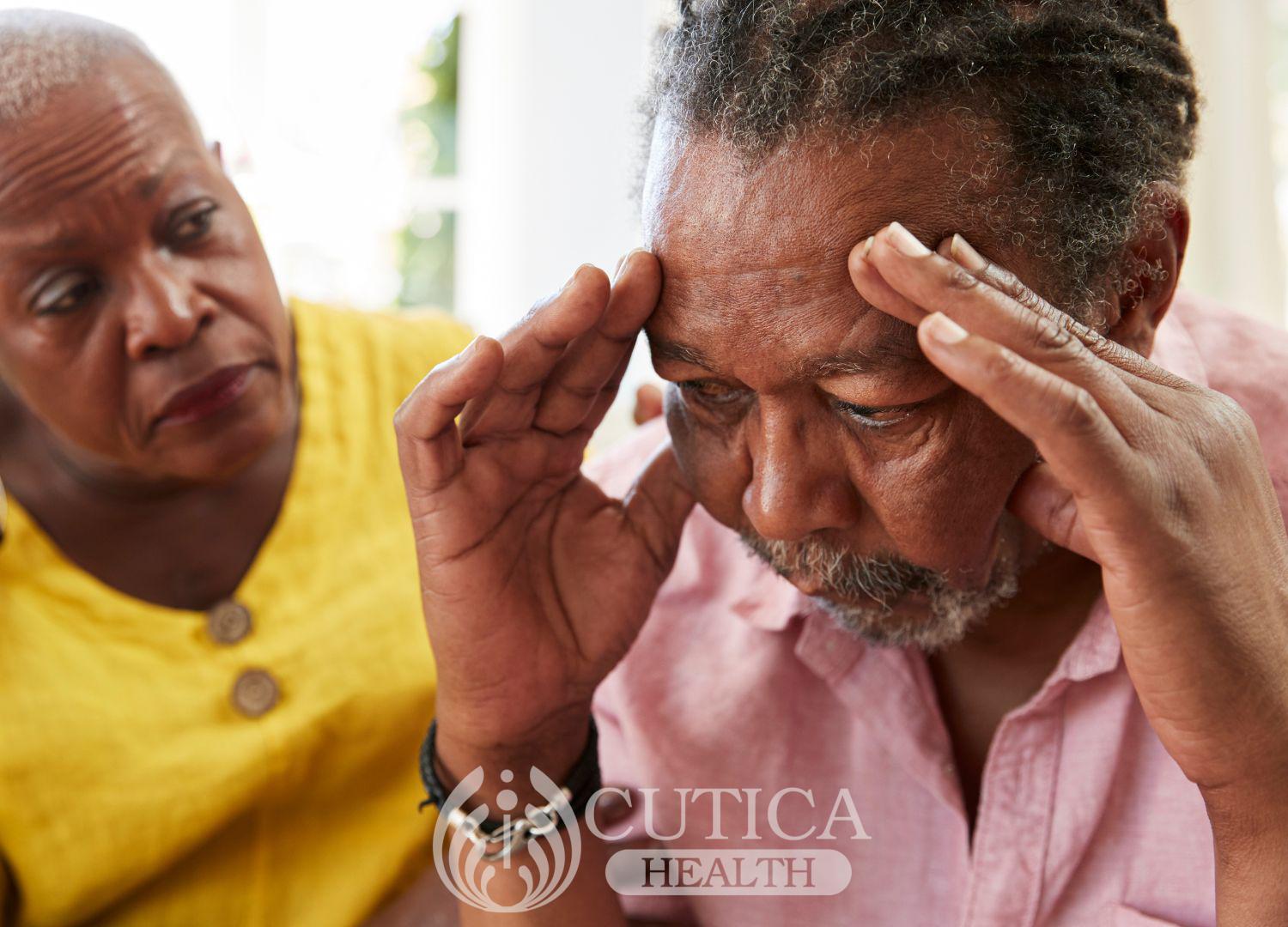
Mrs. Wemimo, an 80-year-old retired teacher, has been struggling to communicate with her loved ones, frequently asking them to repeat themselves to no avail. This has caused her to withdraw from social gatherings, feeling left out and frustrated.
Her family noticed her isolation and decided to take her for a hearing test, suspecting that hearing loss may be the root of her problem. They hoped that with proper diagnosis and treatment, Mrs. Wemimo could regain her ability to communicate effectively and enjoy socializing again.
Introduction
Hearing loss is a common condition among the elderly population. According to the World Health Organization, around 466 million people worldwide have disabling hearing loss, with the prevalence increasing with age. Hearing and communicating with others is essential for an individual's well-being and quality of life.
Causes of hearing loss in the elderly
Age-related hearing loss, also known as presbycusis, is the most common cause of hearing loss in the elderly. As a person ages, the hair cells in the inner ear gradually wear down, leading to a decreased ability to hear high-frequency sounds. Other causes are:
- Exposure to loud noise
- Certain medications
- Underlying medical conditions, such as diabetes and cardiovascular disease

Symptoms
Some of the symptoms of hearing loss in the elderly include:
- Difficulty hearing and understanding speech, especially in noisy environments.
- Needing to turn up the volume on the television, radio, or phone to hear better.
- Asking others to repeat themselves or speak more slowly and clearly.
- Struggling to hear high-pitched sounds like a child's voice or a humming bird.
- Feeling exhausted or stressed after social events because of the effort required to follow conversations.
- Avoiding social events or withdrawing from interactions due to hearing difficulties.
- Tinnitus, or ear ringing, can be accompanied by hearing loss.
It is important to note that not all elderly individuals with hearing loss will experience the same symptoms.
Some may have mild hearing loss and only experience difficulty hearing in certain situations, while others may have more severe hearing loss and struggle to hear in most environments.
Impact of hearing loss on the elderly
Hearing loss can significantly impact the elderly's quality of life. It can lead to social isolation, depression, and anxiety, as they struggle to communicate with others effectively.
Hearing loss can also affect their safety, as they may not hear important sounds, such as fire alarms or approaching vehicles.

Diagnosis and treatment
If you suspect that you or a loved one may have hearing loss, seeing a healthcare professional for a hearing test is essential.
The test will determine the type and severity of hearing loss and identify any underlying medical conditions contributing to the problem. Treatment options for hearing loss include:
- Hearing aids
- Cochlear implants
- Assistive listening devices.
Prevention
While age-related hearing loss is common, there are ways to prevent it or reduce the risk.
- Protect your ears from loud noises by wearing earplugs or earmuffs.
- Limit your exposure to loud noises.
- Avoid using earbuds or headphones at high volumes.
- Maintain good ear hygiene by cleaning your ears regularly but avoid using sharp objects to clean your ear canals.
Conclusion
Hearing loss is common among the elderly, but it is not a natural part of aging. With proper diagnosis and treatment, individuals with hearing loss can continue to lead fulfilling lives.












